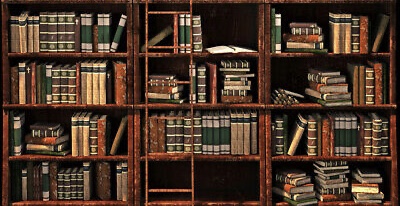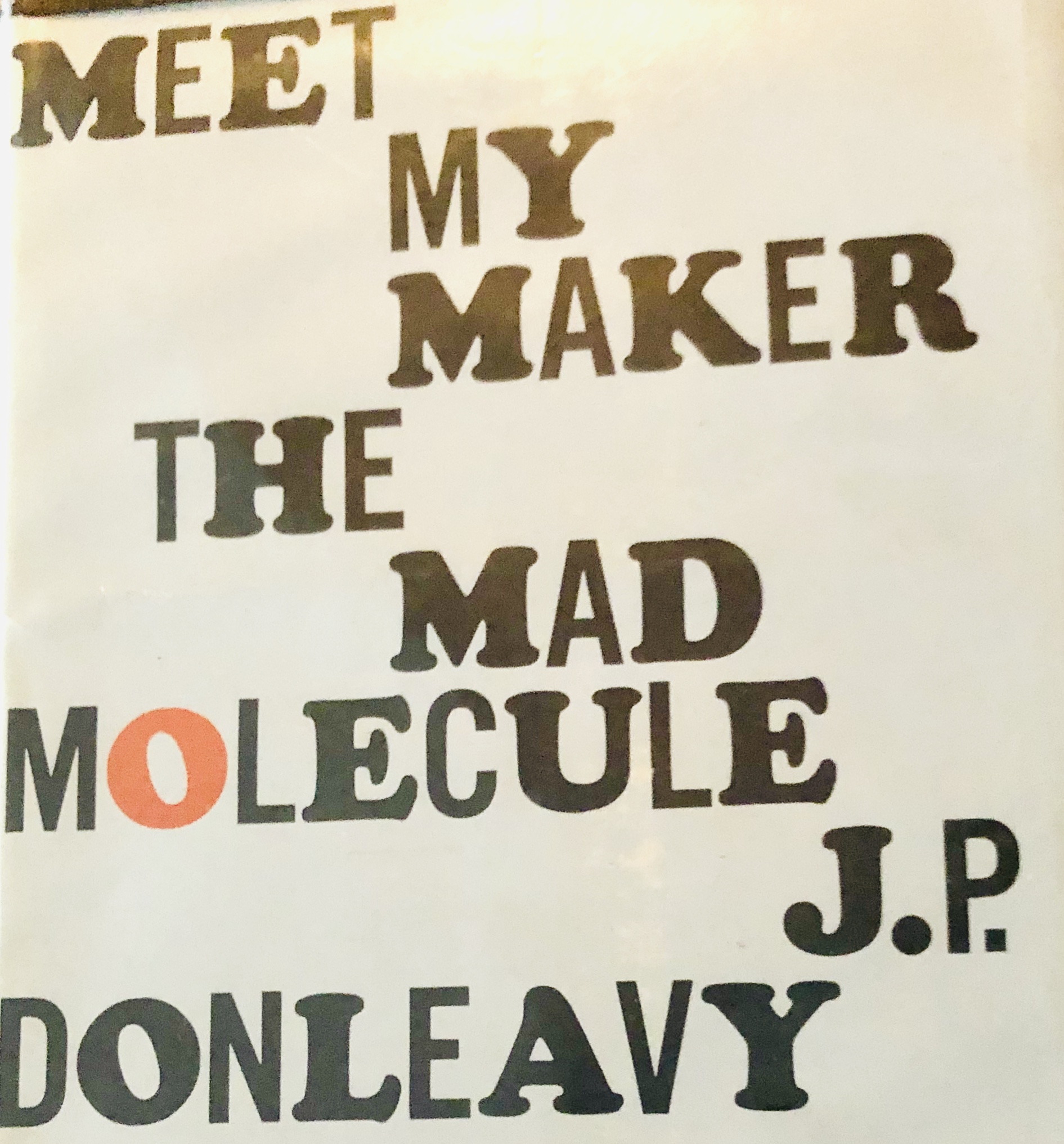Writing leaves little time for serious reading
Not so long ago, in a city very near, I contemplated doing 50 years at the Philadelphia Daily News, and then retiring.
Why do 50 years? Because I could.

I got to 47. Not to brag, I never took a sick day. That’s mostly luck, the blessing of good health. After the first 20 years or so, it got to be a thing, so on the few occasions I couldn’t drag my sorry ass to work, I took off using plentiful vacation days. After 20 years, thanks to my union, I was getting five weeks vacation, which was more than I needed. Plus some personal days. The perfect attendance record was a point of personal pride. Old school, but, as I said, a lot of luck.
I don’t spend a lot of time in the morass of self reflection because other people are very generous about enumerating my faults. When I contemplated retirement, I thought I could start reading the books I had mentally laid aside for decades.
I thought I might return to teaching a journalism course at Temple University, something I had done for a decade four decades ago. I hear one of my students daily on KYW NewsRadio, and read another (a Pulitzer Prize winner) in the Washington Post. That’s pretty cool.
I’m at the age where many of my friends are retired and imagined I would slow down and be like them.
Retirement arrived a little sooner than expected, and since I wasn’t really ready, I started up the StuBykofsky blog — basically an extension of the column I had been writing for the Daily News and then the Philadelphia Inquirer since 2004, after I put my 17-year run as a gossip columnist to rest. I actually wrote an obituary for that column that turned out pretty good, I think. But I can’t find it, I could only find my last “final” column, from 2019.
It turns out my online column takes as much time as the old print column and — surprise — leaves me no time for books. Just about the only time I have time for books is vacation — and staycations don’t work because I work when I’m home. In the year I have been doing this, the longest break I had was three days. Even when I visited family in West Virginia last summer, I filed reports. The truth is, when you do something you enjoy, it’s not like work. My entire career in journalism — despite the periodic lows — had been joyful.
But it doesn’t leave time for book-reading for pleasure. Books I must read for work, I can read at work. Sometimes.
I explained this to a Facebook friend who suggested I read a book he liked. I don’t have time for books, I explained. I do plenty of other reading, but books, like a girl friend, require time and attention.
I bought “American Lion,” the biography of Andrew Jackson so long ago, the former president was still considered a folk hero, but has since morphed into a killer of Native Americans and nothing else. Should I even be reading a book about such a villain?
I have read the first three chapters about three times, then set it aside for a while. When I return to it, I have to start again.
Then — an intervention.
A friend highly recommended a book, and I told him the same — I don’t have time to read straight through, and if I read a little and then lay it aside, I forget what I read.
“Not this book,” he said. “It is a collection of short stories.”

And so it was: “Meet My Maker, the Mad Molecule,” by J.P. Donleavy. No story is longer than a long magazine piece, and many are just slightly longer than newspaper columns. I could pick it up, read 10-20 pages, complete a story and lay it aside.
When I first thumbed through the book, I found something unusual inside the back cover: a pocket for a library card, a library card in the pocket and a stamp that identifies the book as property of the New York State Maritime College Library, Schuyler, N.Y. It was last checked out in 1987 and somehow made its way to a book store, where my friend bought it. (I am not using his name to prevent possible legal action against him.)
The short stories — some of which were published in magazines — reminded me of a merry-go-round: They could make you slightly dizzy, and they had no point.
I also was put off by many typos, and the author’s inconsistent capitalization and quote marks, plus humanizing inanimate objects, which is part of his style.
My friend could not believe I did not like the book.
“I don’t read the same way you do, because I am a writer,” I explained. I know the tricks of the trade, and know when an author is gaming the story.
Not that it’s evil, but it is distracting to me. The same is true for news stories. I read them differently than you do.
And I admit, as I writer, I am often too literal, which pisses some people off, but words have meaning, and if you misuse them, it’s like a poke in my eye.
Long story, short — if it’s not too late — I finished the book, but still have to wait to renew my acquaintance with “American Lion.” I am not holding my breath.



